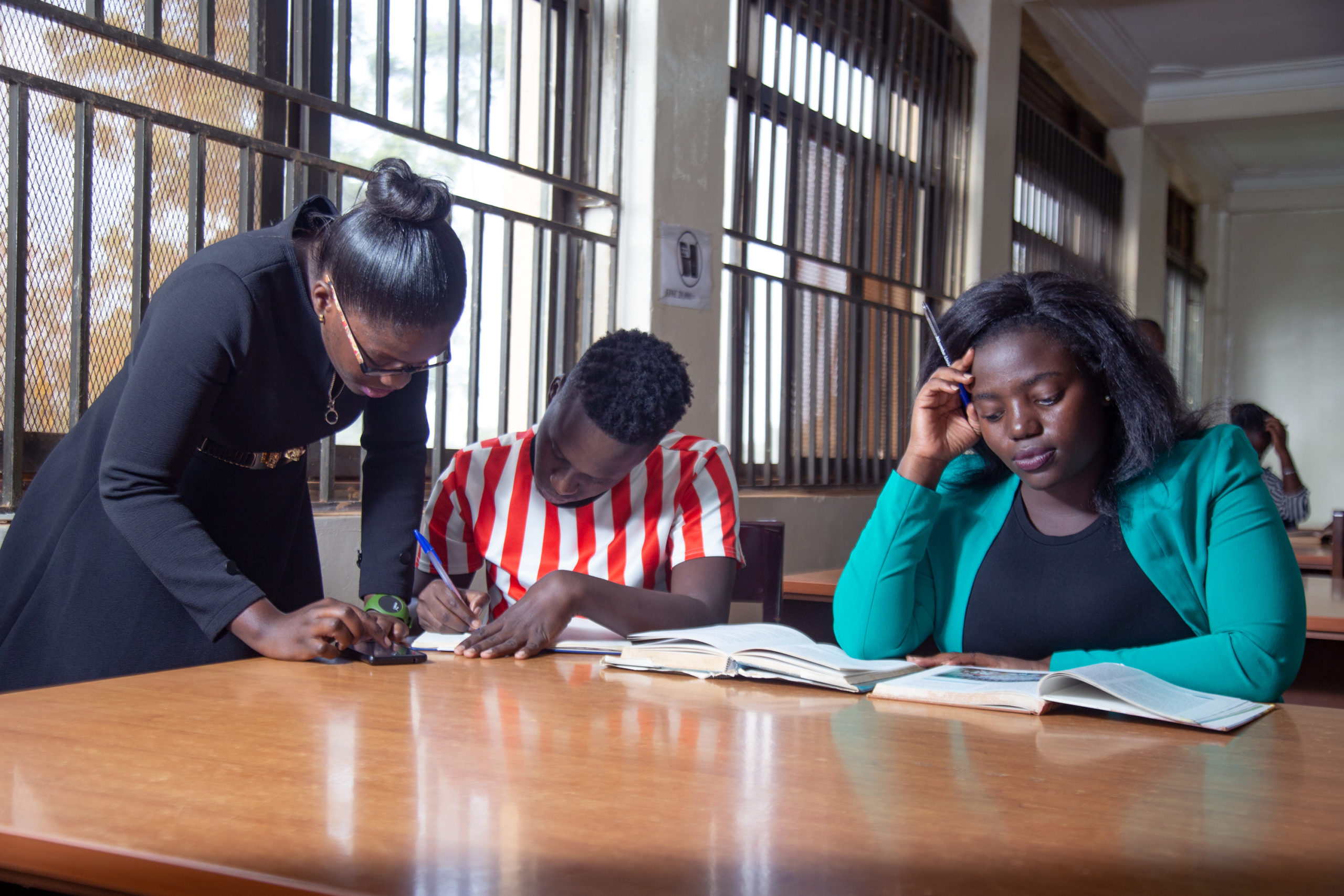By Denis Jjuuko
A friend who has been spending sleepless nights preparing for end of semester exams for her master’s degree at one of the country’s top public universities broke some sad news. The university has postponed the exams due to increased COVID-19 cases in the country. My friend has been largely studying online since the start of the semester.
The postponement of her exams, means that she will now go back to her employer and ask for the postponement of her work leave. She has no guarantee that the employer will accept because that affects all the leave days of her colleagues. Her graduation will also be postponed to a future date. It is important that our institutions of higher learning are prioritizing the health of their customers and perhaps the university is justified in postponing exams (this article was written and originally published before the current shutdown).
But we are in 2021 and a university which has been happy to teach students online can find other ways to administer exams online as well. I have friends who had been admitted to universities abroad and were due to travel. Then COVID-19 hit and changed all their plans. They didn’t go to Massachusetts to attend Harvard or California for their Stanford courses. The courses were offered online and so were exams. You perhaps saw many on your social media timelines dressed in Harvard gowns in Kampala attending their graduation ceremonies.
Many universities all over the world offer online courses regardless of COVID-19 and students have been graduating all the time. Before they graduate, the universities ensure that they have undergone some form of assessment. If you look for MBA holders in Uganda, you will find many from Edinburgh Business School. Many such MBA holders have never been anywhere near Edinburgh. Their degrees are as valid as those offered in attendance in the United Kingdom.
Many people, some students, consultants or prospective employee do exams online and pass or fail them. Parties involved in an exam agree on the time and duration of the examination. At the agreed time, the exam is sent and the student sits and answers back and emails it back in the agreed timeframe. The examiners then go and mark it and a score is awarded. If Ugandan universities fear that students will cheat if they are sent the exams, I am happy to inform them that they cheat during exams answered at their campuses, where a tough non-smiling invigilator is prancing the aisles of the room looking for who to catch with what Ugandan students call a bullet. But also, universities know about open-book exams. So, what is wrong if a student searched for some information unless if the exam is about cramming?
So how can a public university which considers itself one of the best in the country postpone exams because of COVID-19? In 2021? For graduate students? What are they teaching if they can’t deploy technology for students to do exams?
The other problem Ugandan universities are facing is in marking exams. I taught at a Ugandan university for 10 years and I decided to quit mainly because I found no more pleasure in marking exams. I was expected to sit and mark hundreds of students every end of semester. Hundreds of mid-semister assignments as well. I see lecturers who have more than 1,000 scripts to mark every semester. I always admire their skills in marking these students.
I regularly do online courses on all sort of issues including anti-corruption and field security issues. I sit in front of my computer and study and after a certain period, I do the exams. There is no human being involved. Once I get the pass mark, I am awarded a certificate and therefore qualify to do certain things. Most of these courses are more rigorous than what many masters students study in Uganda (I overheard an MBA lecturer teaching students how to calculate percentages!). So why can’t universities do some coding and come up with software that can mark exams and award scores? Face ID can be used to tell who is doing the exams to reduce cheating.
Most so-called online courses offered by Ugandan universities are held over zoom. The lecturer on the other side and students listening in and once in a while making a contribution. That is great but there should be more. Why should somebody studying online always have to rush from office at 5.00pm so that they can be somewhere like at home at 7.00pm so that they can study up to 10.00pm? Masters students should be able to do self-discovery and identify issues and find solutions. Not necessarily to cram what the professor is saying over Zoom.
The writer is a communication and visibility consultant. djjuuko@gmail.com










